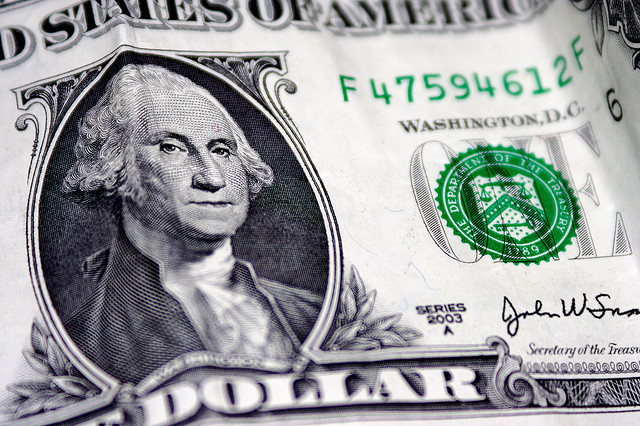Some major hedge fund managers are feeling “pressure” to reduce fees according to the Wall Street Journal:
Two titans of the hedge-fund and private-equity world say they are growing more open to reducing fees in the face of rising scrutiny of the compensation paid to managers of so-called alternative investments.
[…]
Mr. [John] Paulson [founder of hedge fund firm Paulson & Co.] said he feels “pressure” to act in the wake of “enormous numbers in compensation” for hedge fund managers. Mr. Paulson, 58, earned a reported $2.3 billion last year, counting both fees and the appreciation of his own personal investment in his funds.
“Institutions are becoming a little more demanding…they are putting pressure on the management fee and the incentive fee,” he said Monday during a panel discussion at New York University’s Stern School of Business.
Joseph Landy, co-CEO of $39 billion buyout shop Warburg Pincus, echoed Mr. Paulson’s experience.
“There are a lot of private-equity managers out there who can make a lot of money before they return a dime to investors,” Mr. Landy said. “Most of the pressure [to reduce fees] has been on the actual annual management fee.”
Neither he nor Mr. Paulson, however, were too concerned about any widespread threats to their businesses.
“We came out relatively unscathed from the crisis. We’re doing pretty much the same things we did as before [with] very little restrictions on how we invest the money,” Mr. Paulson said.
Paulson said he think more hedge funds will start using “hurdles”, a fee structure which prevents managers from collecting performance fees until they’ve met a certain benchmark return. From the WSJ:
John Paulson, founder of $22 billion hedge-fund firm Paulson & Co., said he predicted more use of instruments known as hurdles, which bar managers from collecting their traditional 20% performance fee until they have earned a minimum return over a benchmark.
Traditionally, hedge funds are paid for any positive performance whatsoever–even if it falls well short of targets—in addition to a flat annual fee in the range of 1-2% for operating expenses.
